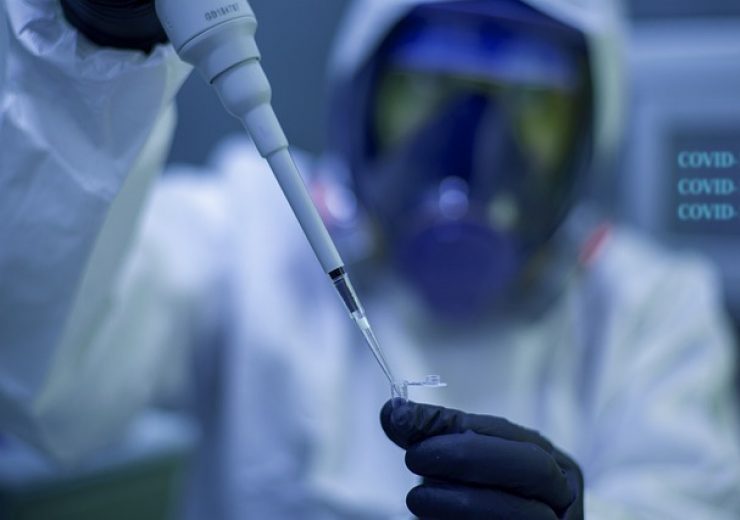The in vitro diagnostic test will help identify the presence of the RdRp and E genes of SARS-CoV-2 directly from minimally processed human saliva samples

Co-Diagnostics has secured CE mark for Logix Smart SARS-CoV-2 DS test. (Credit: fernando zhiminaicela from Pixabay)
Molecular diagnostics company Co-Diagnostics has secured CE mark approval for its Logix Smart SARS-CoV-2 DS (Direct Saliva) test.
The approval will enable to use the company’s in vitro diagnostic (IVD) test for the detection of Covid-19 in CE accepting markets. The kit can be purchased from Co-Diagnostics’ Utah-based facility, which is ISO-13485:2016 certified.
Co-Diagnostics has developed the Logix Smart DS test kit to identify the presence of the RdRp and E genes of SARS-CoV-2 directly from minimally processed human saliva samples while phasing out RNA extraction of the samples.
The elimination of the extraction process will help enhance throughput, in addition to minimising the cost of direct saliva tests of Covid-19 and other tests.
Co-Diagnostics has used CoPrimer technology, which secured initial patent protection in 2018 and an additional patent last year, in the test design of the Logix Smart SARS-CoV-2 DS.
Co-Diagnostics CEO Dwight Egan said: “We are pleased to announce that this new, simplified PCR testing method is now available as an IVD in any country that accepts a CE marking as valid regulatory approval to aid in the ongoing battle against the Covid-19 pandemic, which we anticipate will drive demand for diagnostics as normalization testing protocols are established.
“We believe that the need for testing will especially persist in countries where vaccination rates lag substantially behind those of the United States.”
In December last year, Co-Diagnostics said that it has completed principal design work for a polymerase chain reaction (PCR) test, which is designed to identify mutations in new coronavirus strain.
Co-Diagnostics is engaged in the development, manufacturing and marketing of an advanced diagnostics technology, which can be used for tests that will help detect or analyse nucleic acid molecules (DNA or RNA).
Its technology will also help design specific tests to identify genetic markers for use in industries other than infectious disease.
